Organic Control of Plant Disease
Does this look familiar?
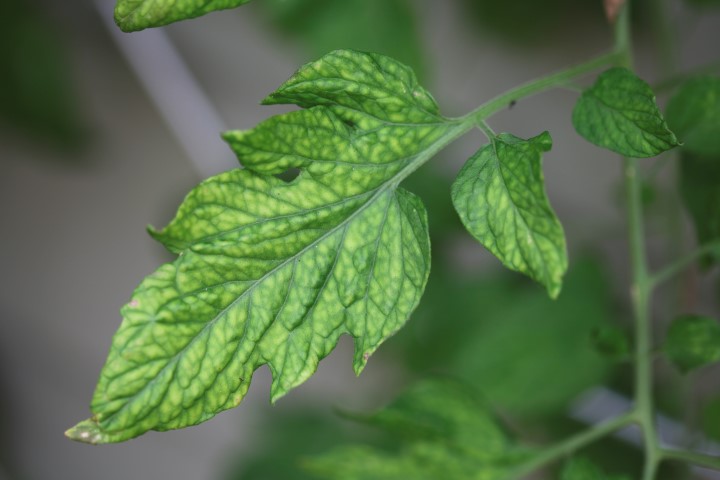
or this?
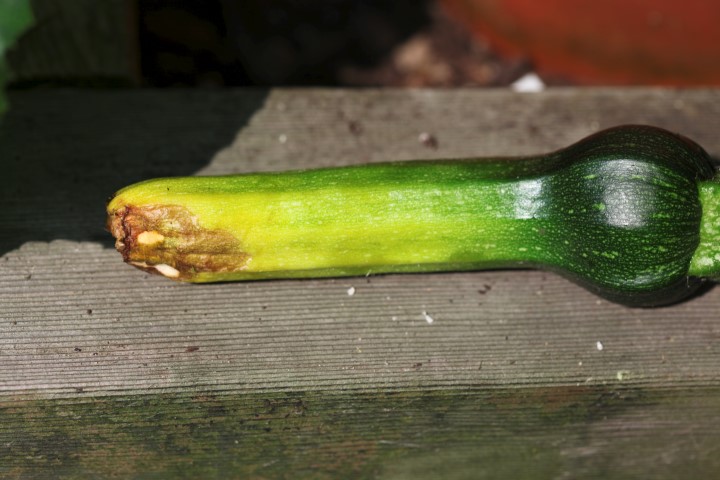
how about this?
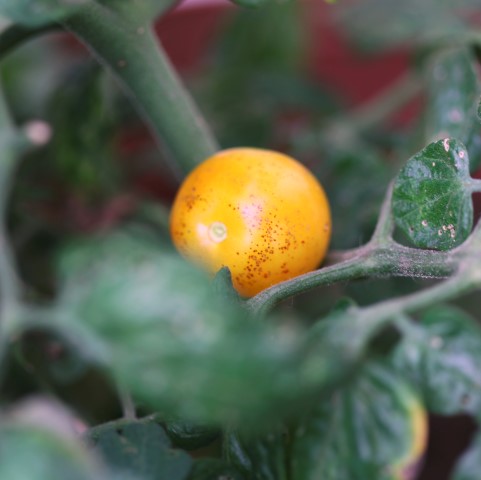
These little holes here…
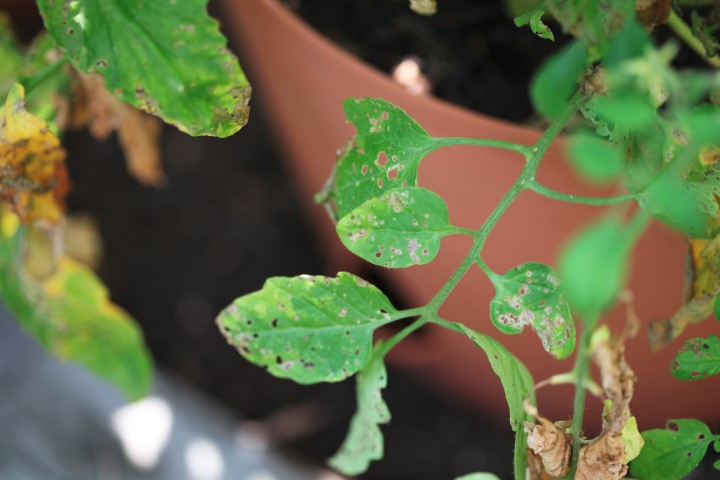
…could they possibly be caused by these guys?
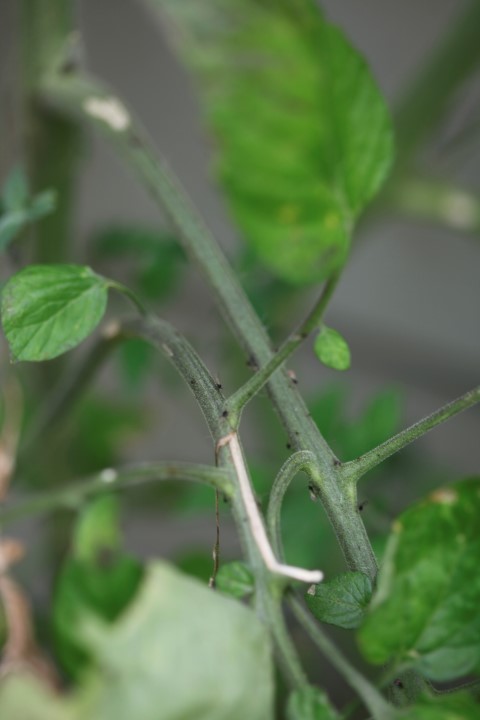
(A. They are not responsible for the holes but are causing damage to the plant).
If you have ever had a vegetable garden then you are likely familiar with disease and pests. From blight to powdery mildew to aphids and everything in between, disease and pests can really take over in the garden in what seems like no time flat. Please note that for this post we will discuss all plant disease as any physical show of dis-ease, whether it be from bacteria, fungus, pests, or other causes.
Before you run out and grab some chemical spray to fix it all, let me plead my case for organic gardening. I know how much work goes into creating and maintaining a vegetable garden just to have it all fall apart just before harvest time. What is happening in your garden is providing the clues as to what you can do about it in the future. CSI Horticulture, if you will.
It is widely recognized that it takes three elements for plant disease to be present.
1. That there is a pathogen or pest present in the area. Be it something that lives in the soil, air, or water. Many think this is the only factor in plant disease, that if the pathogen exists then disease exists. But this is simply not true. The next 2 factors need to be present for the disease to thrive.
2. The plant is susceptible to the disease. If you have a garden full of tomato horn worms and no tomato plants, do you think they will go after the marigolds? Nope. They hate marigolds so these guys won’t cause any issue in your garden. The same is true for fungus or bacteria that only affects certain types of plants.
3. Even if you do have a susceptible host plant and disease present, it still doesn’t mean that your garden is doomed. You also need a favorable environment for disease. That could mean that the plant is small and weak or under some sort of stress to begin with. Or it could mean the disease is transferred by water onto the leaves and plants that are ground watered or covered from rain will be able to safely grow.
With this knowledge you can solve many vegetable garden issues that you may run into, organically.
First, ensure that you choose the right plants for your garden, soil, climate, etc. You may not have enough hot sun and long enough summers to grow eggplant and watermelon. Or it may be far too hot for spinach and kale. Plants that are not grown in the right balance of nutritious soil and climate conditions are weaker and more vulnerable to disease.
Second, rotate your crops. If you know that a certain disease lives in your soil, or there is a pest nearby that loves your veggies, then stop growing it for awhile. Without a host, the problem may clear itself up in a few years. Research your issue for how long it takes to clear up as some things can take many years. Others may need some sort of host to overwinter on. For instance, pear trellis rust overwinters on junipers so removing your junipers will save your pears.
Third, try to give your plants all they need to ward off disease. This chart can help identify nutrient deficiencies in plants that you can correct by adding to your soil. Healthy plants start with healthy soil, after all! (Click on the photo for a printable version courtesy of our friends over at Atlantis Hydroponics.)
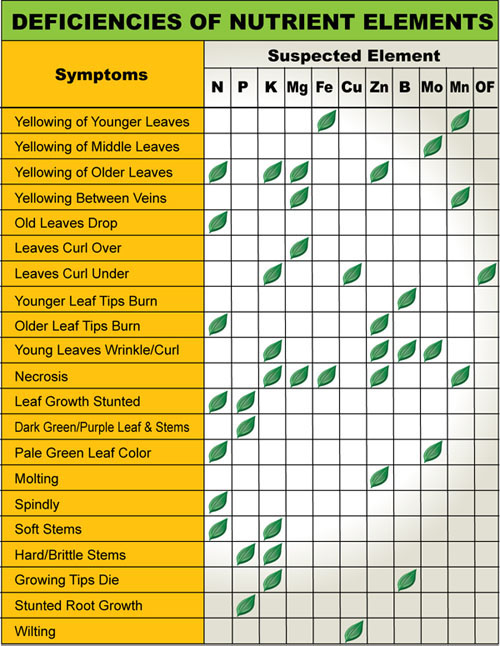
Fourth, inspect your plants regularly for signs of disease. If you see them, ask yourself what you can do to help the plant become stronger and outlive the problem. Perhaps it’s removing diseased parts of the plant, or digging up an infested crop. Or perhaps it’s sacrificing a plant or two in hopes that the problem will correct itself. Many gardeners will grow plants that attract aphids like nasturtiums so that wasps, ladybugs, and hoverflies are attracted to the garden to eat the aphids, and will thank them for keeping the lettuce bed aphid-free.
Of course, this is an incredibly simplified set of rules for organic gardening but it’s a great step in understanding that the first line of defense doesn’t need to be a chemical attack. Just starting with some healthy soil and plants, watering them well, and making sure they get the sunlight they want, will do wonders in setting up a garden that will produce some beautiful food.
More great articles on organic gardening methods:
- The Essential Organic Lawn Care Guide
- Totally Organic Ways of Getting Rid of Pests in the Garden
- These Powerful Herbs & Flowers Deter Pests Naturally in the Vegetable Garden
- Attracting Beneficial Insects
Pin it!
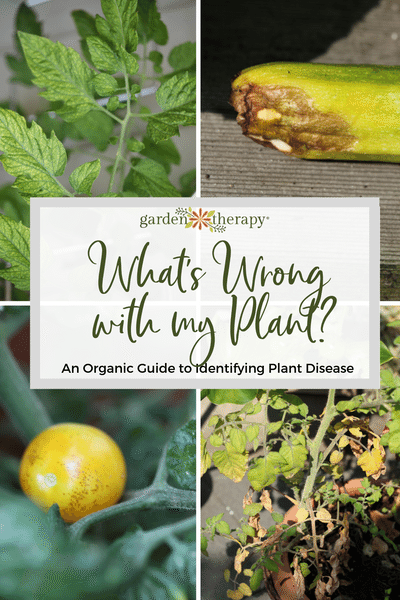

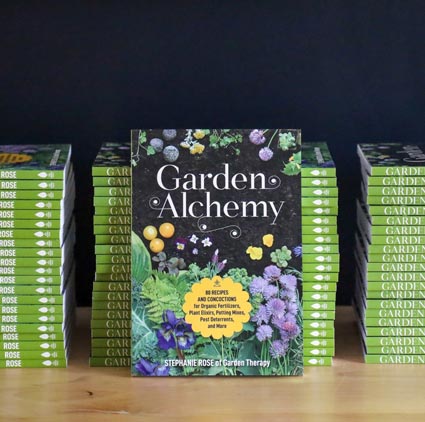
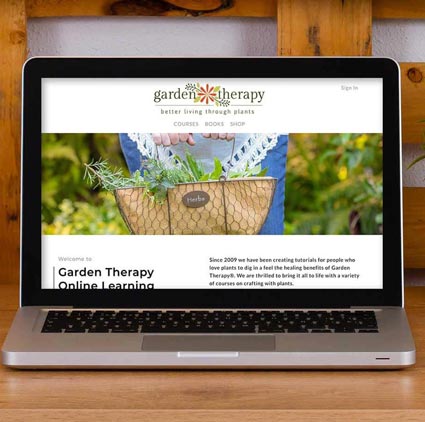

Very informative!
Great information thanks for sharing.
http://www.grannysheirloomseeds.com